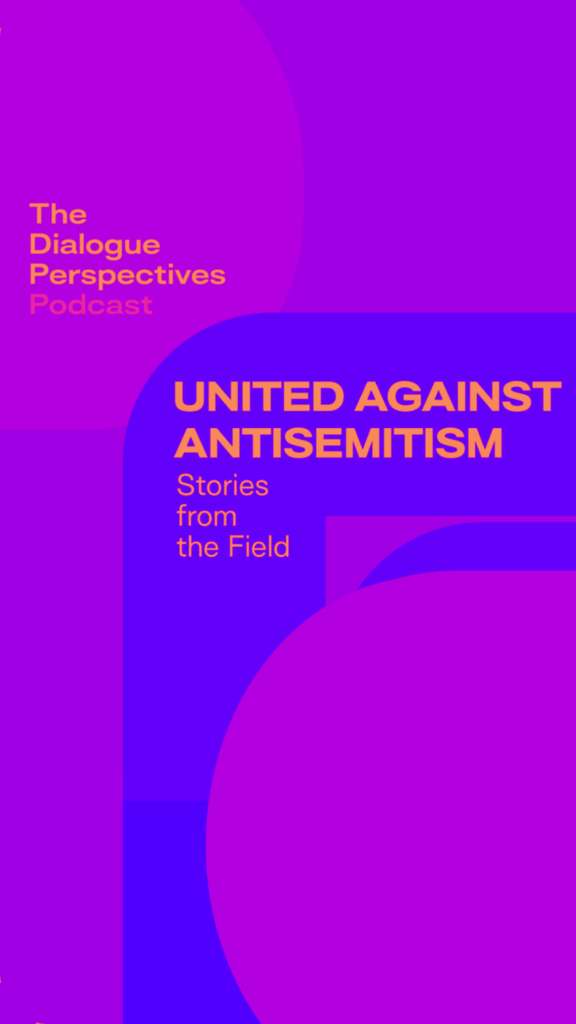Das European Practitioners Network against Antisemitism (EPNA) hat mit einer Auftaktveranstaltung am 6. und 12. September 2023 offiziell seine Arbeit aufgenommen. An den Kick-Off Veranstaltungen nahmen insgesamt 38 Practitioners teil, die 34 zivilgesellschaftliche Organisationen aus verschiedenen europäischen Ländern vertraten, darunter Österreich, Belgien, die Tschechische Republik, Frankreich, Deutschland, Ungarn, Italien, die Niederlande, Polen, Serbien, Schweden und Großbritannien.
Lesen Sie hier den gesamten Bericht:
The European Practitioners Network against Antisemitism (EPNA) initiated its activities with a kick-off event held on both September 6th and 12th, 2023. These events drew the participation of 38 individuals representing 34 civil society organizations from a diverse array of European countries, including Austria, Belgium, the Czech Republic, France, Germany, Hungary, Italy, the Netherlands, Poland, Serbia, Sweden, and the United Kingdom.
These gatherings served as a platform for introducing EPNA to network members, marking the first occasion for them to become acquainted with the organization’s mission. Beyond familiarizing participants with EPNA’s initiatives, the kick-off fostered connections among attendees.
Prior to the kick-off event, participants were requested to provide insights into their respective areas of expertise. The responses were categorized into several thematic areas, each of which could potentially serve as a focal point for future network endeavours:
- Holocaust education and combating Holocaust distortion/denial.
- Addressing antisemitism within educational institutions, including schools and universities, and examining antisemitic trends among young people.
- Exploring the intersection of antisemitism with racism, conspiracy ideologies, and misogyny.
- Tackling online antisemitism, countering fake news, and addressing online radicalization.
Surveys conducted both before and during the event unveiled significant potential for collaborative efforts at the European level. Many participants expressed explicit expectations that EPNA would serve as a platform for exploring concrete opportunities for cooperative projects with other organizations. Numerous organizations inquired about support for initiating and implementing such projects during and after the event.
To facilitate these collaborations, participants were provided with a comprehensive overview of the microgrant programme, including its objectives and the application process. The feedback collected through a polling tool and subsequent discussions with participants unequivocally demonstrated a high level of interest in the microgrant programme, with many expressing their intent to apply for these grants.
Lastly, participants were briefed on EPNA’s project plans for the upcoming period. These plans include bi-monthly digital check-ins, a series of five in-person workshops hosted in various European cities throughout 2023 and 2024, and a concluding conference scheduled for the spring of 2025.


